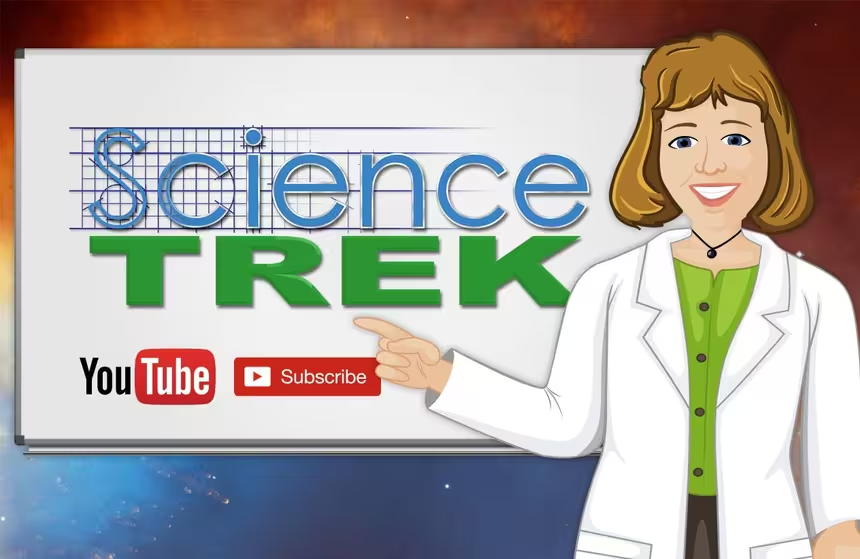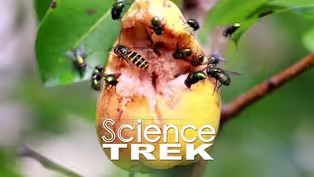
Garbage: How Long Will It Last?
Clip: Special | 1m 4sVideo has Closed Captions
How long does a glass bottle last in a landfill?
Garbage can be divided into two types: organic and inorganic. Find out what you should throw out, what you should recycle and what can be composted.
Problems playing video? | Closed Captioning Feedback
Problems playing video? | Closed Captioning Feedback
Science Trek is a local public television program presented by IdahoPTV
Major Funding by the Laura Moore Cunningham Foundation and the Idaho National Laboratory. Additional Funding by the Friends of Idaho Public Television and the Corporation for Public Broadcasting.

Garbage: How Long Will It Last?
Clip: Special | 1m 4sVideo has Closed Captions
Garbage can be divided into two types: organic and inorganic. Find out what you should throw out, what you should recycle and what can be composted.
Problems playing video? | Closed Captioning Feedback
How to Watch Science Trek
Science Trek is available to stream on pbs.org and the free PBS App, available on iPhone, Apple TV, Android TV, Android smartphones, Amazon Fire TV, Amazon Fire Tablet, Roku, Samsung Smart TV, and Vizio.

Science Trek
Science Trek is a place where parents, kids, and educators can watch short, educational videos on a variety of science topics. Every Monday Science Trek releases a new video that introduces children to math, science, technology, engineering, and math (STEM) career potentials in a fun, informative way.(Science Trek music) JOAN CARTAN-HANSEN, HOST: There're lots of different kinds of garbage, But you can sort them into two types: Organic and inorganic.
Organic garbage is made of the plants, food waste, and animal waste.
Organic trash will decay and can become soil.
Inorganic trash are items that do not decay into soil.
Items made with chemicals or minerals..things like plastic, glass, and aluminum.
How long do inorganic things last in the landfill?
Glass can last a million years.
Plastic bottles 450 years Aluminum cans 80 to 200 years And all these things are recyclable.
That is, they can be reprocessed into something new.
How much does recycling save?
In terms of energy savings, recycing plastic conserves about 66 percent over making new.
Recycling aluminum cans saves even more at 96 percent.
But recycling saves more than just energy.
It means we don't have to use as many raw resources.
And we put less into our landfills.
And that's good for everybody.
For more information about garbage check out the Science Trek website.
You'll find it sciencetrek.org
Garbage: Decomposers and Decay
Video has Closed Captions
Clip: Special | 1m 4s | What is a decomposer? (1m 4s)
Providing Support for PBS.org
Learn Moreabout PBS online sponsorship
- Science and Nature

Explore scientific discoveries on television's most acclaimed science documentary series.

- Science and Nature

Capturing the splendor of the natural world, from the African plains to the Antarctic ice.












Support for PBS provided by:
Science Trek is a local public television program presented by IdahoPTV
Major Funding by the Laura Moore Cunningham Foundation and the Idaho National Laboratory. Additional Funding by the Friends of Idaho Public Television and the Corporation for Public Broadcasting.
